How Building Codes Influence EV Charging
EV Connect
JUNE 26, 2023
In the fast-paced world of electric vehicles (EVs), the role of building codes in shaping the infrastructure for EV charging cannot be overlooked. As EV adoption continues to surge, it becomes crucial for property owners, developers, and EV drivers to understand the impact of building codes on EV charging networks.

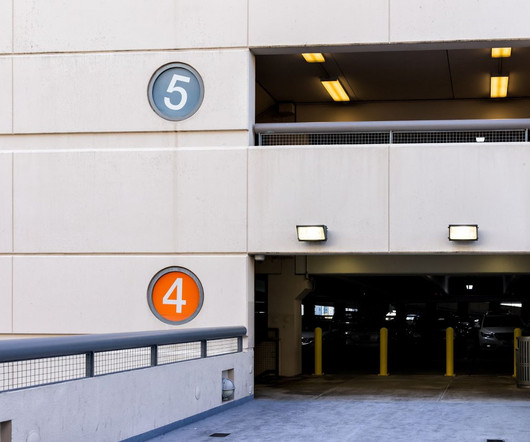
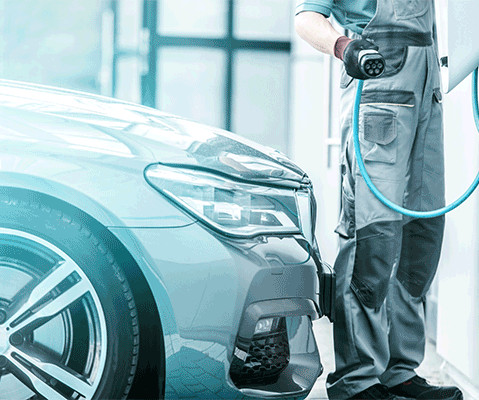
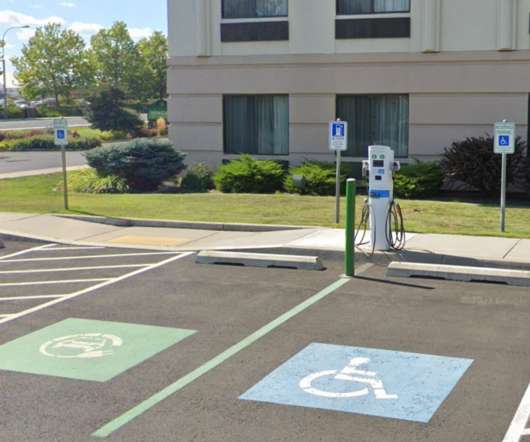
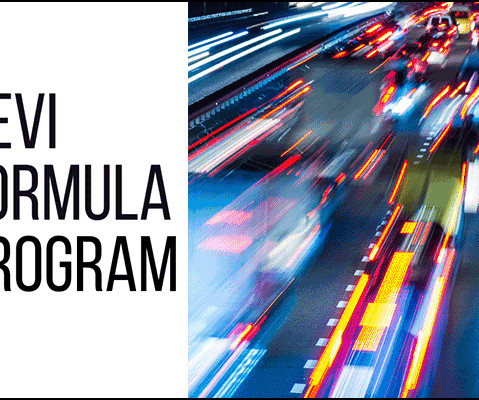
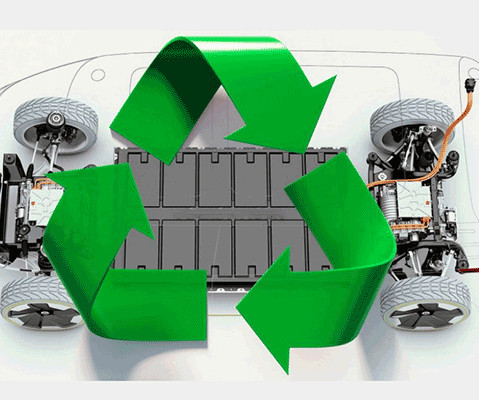









Let's personalize your content